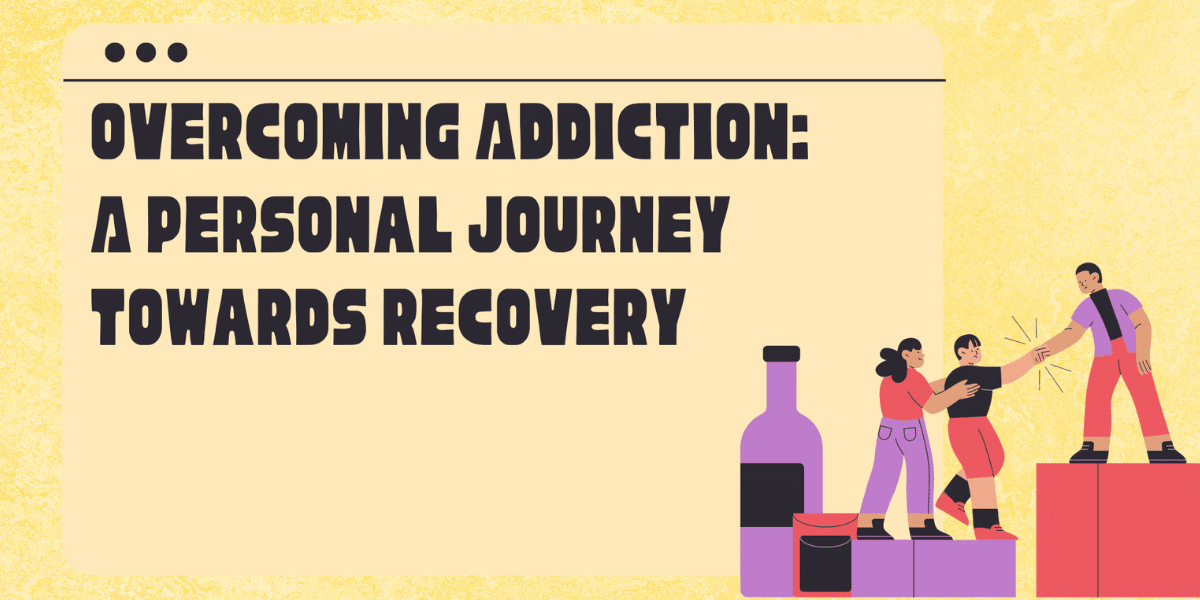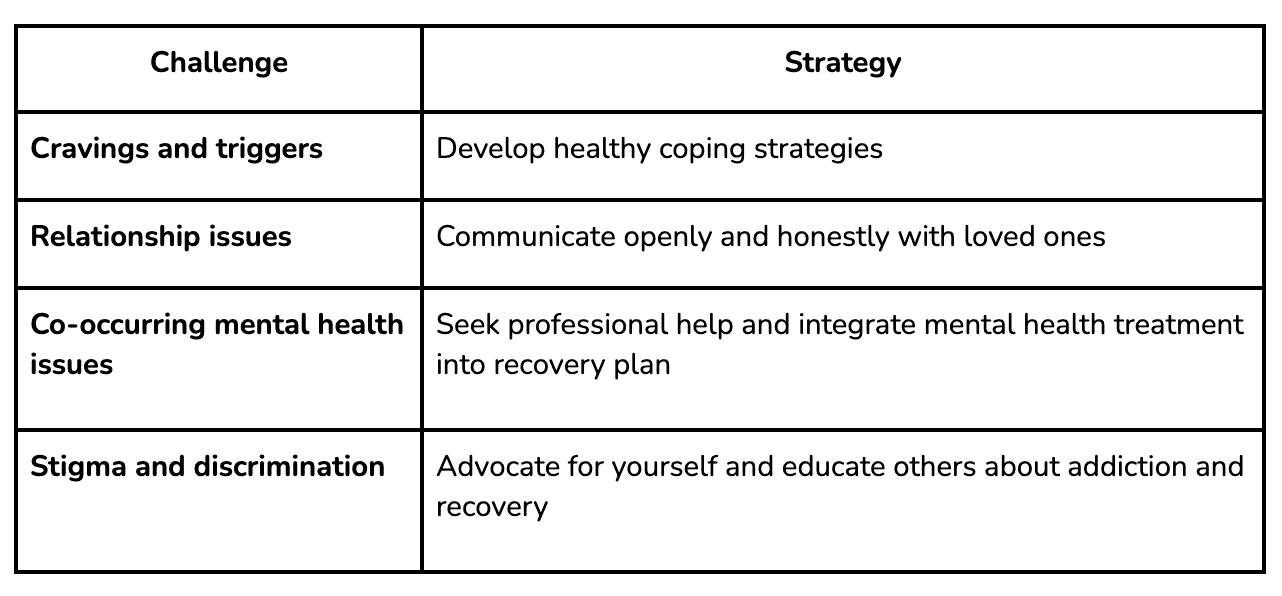If you’re on this page, chances are you or someone you love is facing the tough battle against addiction. It’s a road that seems lonely, filled with obstacles that often feel insurmountable. The journey toward recovery can feel daunting, with every step forward sometimes followed by two steps back. But here’s the thing – you’re not alone.
Millions share this path, each with their own story of struggle and resilience. This isn’t just about quitting a substance or behavior; it’s about rediscovering yourself, rebuilding your life, and reclaiming the joy and peace you deserve. It requires patience, support, and a belief in the possibility of change.
Acknowledging the Addiction
Recognizing the need for change is the first critical step in overcoming addiction. This journey begins with the acceptance of the addiction’s existence, a realization that brings both challenges and opportunities for profound personal transformation.
Marijuana
The legalization and growing social acceptance of marijuana have significantly influenced its use trends, leading to both therapeutic applications and concerns about misuse. However, movements such as Protect Lubbock aim to educate and safeguard communities against potential negative impacts, promoting responsible use and awareness of marijuana’s effects on individuals and society.
Opioids
Opioids, encompassing prescription pain relievers and heroin, have led to a devastating public health crisis.
Cocaine
Cocaine use has seen fluctuating trends, with its high potential for addiction causing significant social and health issues.
By recognizing the signs of addiction and understanding the specific challenges associated with substances like marijuana, opioids and cocaine, individuals and communities can take crucial steps towards addressing this pervasive issue.
Developing a Personalized Recovery Plan
Acknowledging an addiction marks a critical first step on the path to recovery, setting the stage for the crucial task of developing a personalized recovery plan.

For instance, a study reveals that 24% of 12th-graders have reported using marijuana in the past year, underscoring the importance of addressing both the personal and environmental factors that contribute to substance use.
A comprehensive and personalized recovery plan might include:
Professional Treatment: Access to therapy, counseling, or medication-assisted treatment.
Support Groups: Engagement with groups like Alcoholics Anonymous or Narcotics Anonymous offers invaluable communal support, fostering a sense of belonging and understanding.
Lifestyle Changes: Adopting healthier lifestyle choices, such as regular physical activity, balanced nutrition, and effective stress management techniques.
Building a Support Network: Establishing a robust network of friends, family, and peers in recovery is essential for providing emotional support.
The Recovery Journey: Stages and Strategies
The recovery journey is a lifelong process that involves navigating through various stages and challenges.
Some key stages and strategies of the recovery journey include:
Early recovery: This stage involves detoxification and stabilization
Maintaining sobriety: Building a strong support network and developing healthy habits.
Long-term recovery: Prioritize self-care, personal growth, and giving back to the recovery community.
Overcoming Challenges Along the Way
While the recovery journey can be immensely rewarding, it is not without its challenges.
Cravings and triggers: These can be intense, especially in early recovery, and may be triggered by stress, social situations, or environmental cues.
Relationship issues: Addiction can strain relationships with family, friends, and loved ones, and rebuilding trust and communication can take time.
Co-occurring mental health issues: Many individuals struggling with addiction also have underlying mental health conditions.
Stigma and discrimination: Despite progress in recent years, addiction is still highly stigmatized, and individuals in recovery may face discrimination in employment, housing, or social situations.
Maintaining Long-term Sobriety
Maintaining long-term sobriety requires a commitment to ongoing self-care, personal growth, and connection to a supportive recovery community. Some key strategies for maintaining sobriety include continuing to prioritize self-care, individuals in recovery should maintain regular exercise, healthy eating habits, and stress management techniques. As the intensity of early recovery fades, it is crucial to stay engaged in treatment and support groups. Building a fulfilling life outside of addiction involves cultivating meaningful relationships, engaging in hobbies, and setting personal goals. Additionally, giving back to the recovery community through service, sponsorship, or advocacy work can enhance one’s journey and strengthen the overall support network.
Remember, recovery is a lifelong journey, and there will be ups and downs along the way.
Cultivating a Supportive Environment
One of the most important factors in successful recovery is having a supportive environment that encourages and reinforces healthy behaviors and choices. This may involve surrounding yourself with positive influences, such as sober friends, family members, or peers in recovery, is essential. It’s equally important to create a safe and substance-free living environment, free from triggers or temptations. Engaging in activities and hobbies that promote health, wellness, and personal growth can also support recovery. Additionally, seeking out resources and support from community organizations, treatment providers, or online communities can provide further assistance and guidance.
Harnessing Inner Strength and Resilience
Ultimately, the journey of recovery is about discovering and harnessing your own inner strength and resilience. This means believing in yourself and your ability to overcome challenges and setbacks is crucial. Cultivating a growth mindset can transform obstacles into opportunities for learning and growth. It’s also important to practice self-compassion, treating yourself with kindness and understanding. By focusing on progress rather than perfection and celebrating small victories along the way, you can maintain motivation and build resilience.
Remember, recovery is not about becoming a different person, but rather about becoming the best version of yourself.
If you or someone you love is struggling with addiction, know that help is available and recovery is possible. Take the first step today by reaching out for support, whether through a healthcare professional, support group, or trusted loved one.
Remember, recovery is a journey, not a destination. With the right support, resources, and mindset, you can overcome addiction and build a fulfilling life of purpose and meaning. Believe in yourself, take it one day at a time, and never give up on your dreams of a better tomorrow.
Published by: Martin De Juan




















